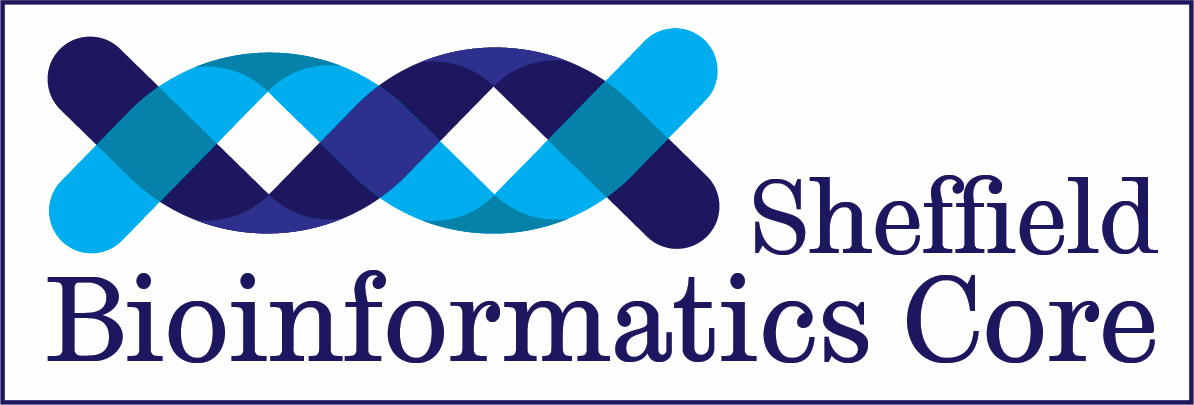Please book your place on the course using this link
This course covers state-of-the-art and best-practice tools for the analysis of genomes and transcriptomes. We describe, and give hands-on experience of, the entire analysis workflow from raw data generated by a sequencing machine to deriving variant calls (e.g. Single Nucleotide Variants) or differentially-expressed genes that are ready for downstream analysis, interpretation and prioritisation. Practical sessions will use the user-friendly Galaxy interface (https://usegalaxy.org/) to demonstrate tasks such as alignment, quality control, differential expression, variant-calling and annotation without requiring any previous Bioinformatics or coding experience.
You can choose to attend either session 2 or 3 (or both) according to your researcher goals and interest. However, attendance at session 1 is compulsory as it will introduce many fundamental tools and concepts that are common to both sessions 2 and 3.
Session 1 (Compulsory) - Introduction to NGS and Galaxy- Monday 16th May 1pm to 5pm Session 2 (Optional) - Variant Calling- Wednesday 18th May 1pm to 5pm Session 3 (Optional) - RNA-seq-Friday 20th May 1pm to 5pm
Learning Objectives
Learning Objectives
Learning Objectives
Researchers who are planning NGS experiments in the future and want to gain an appreciation for how the workflows and analyses are executed, and what the expected outputs are.
For queries relating to collaborating with the Bioinformatics Core team on projects: bioinformatics-core@sheffield.ac.uk
Join our mailing list so as to be notified when we advertise talks and workshops by subscribing to this Google Group. You can also connect with us on Linkedin.
Requests for a Bioinformatics support clinic can be made via the Research Software Engineering (RSE) code clinic system. This is monitored by Bioinformatics Core staff, so we will ensure the appropriate expertise (which may involve individuals from multiple teams) will be available to help you
Queries regarding sequencing and library preparation provision at The University of Sheffield should be directed to the Multi-omics facility in SITraN or the Genomics Laboratory in Biosciences.
